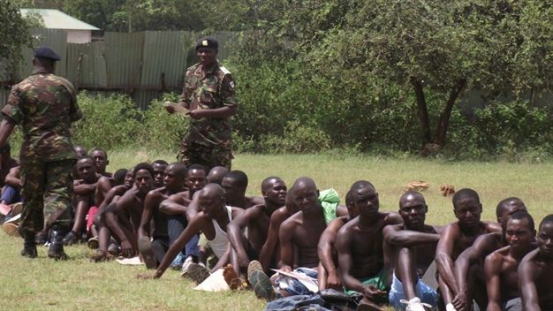×
The Standard e-Paper
Smart Minds Choose Us

As Kenyans ponder over the shocking case of the Administration Police Superintendent who used a relative’s certificates to build a 22-year-old career, questions are being asked over the large numbers of recruits who drop midway through training.